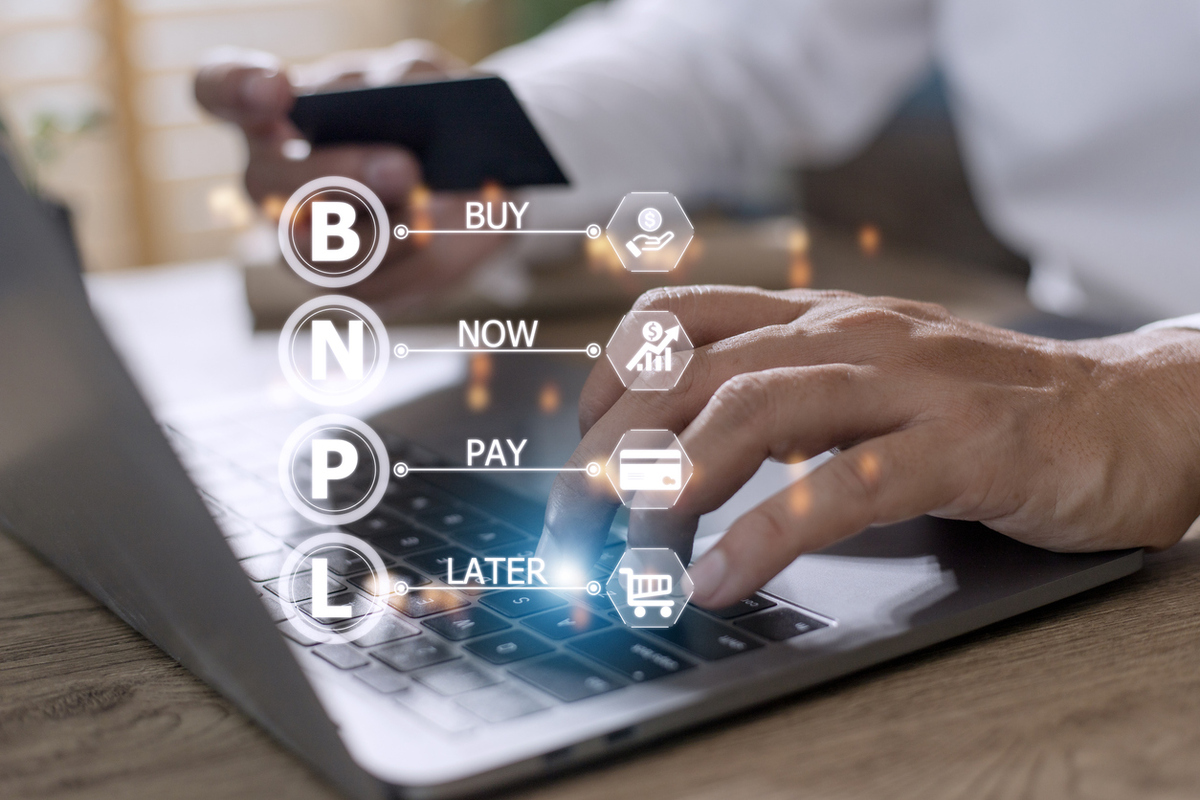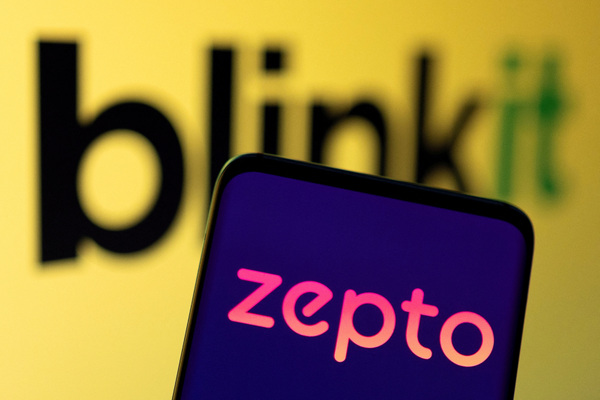Imitation is the sincerest form of flattery
How the much-criticised buy now, pay later model is gaining ground

Although the jury is still out on how sustainable the buy now pay later (BNPL) business model is, neither the first initiatives to regulate the sector nor high inflation seems to have thrown any spanners into its workings so far.
Following a rough patch in July 2022 – when 85 per cent of Swedish pioneer Klarna’s market value was erased – and a consequent streamlining effort, many BNPL providers are now reporting to be on the mend.
Klarna has managed to cut its losses by one-third and its credit losses have also shrunk. Profitability, however, has been escaping the company since August 2020 – except for May this year, when it managed to stay in the black temporarily.
BNPL, on the face of it, does what it says on the tin. Customers can purchase items while deferring payment or paying in instalments, with the most appealing feature of the new model being that they can do so without accruing any interest.
But the success of BNPL is largely due to it being an in-betweener. Seemingly, it’s a loan, but from a regulatory perspective, it’s a type of factoring business that manages debts.
Some of its appealing characteristics are the result of its line-burring quality. As it’s not regarded as a loan, there is no mandate to carry out proper underwriting and applicants are accepted based on their credit scores with the three major British credit bureaus.
Soft credit checks, where delinquent payments and defaults don’t affect the customer’s credit scoring, is another feature that customers like about the new product, although it comes with the downside that those who pay back conscientiously won’t be able to improve their credit scores either.
Although BNPL providers offer point-of-sale loans, a marketing deal is also woven into the agreement between them and the merchants. For a fee between 3.4 and 6 per cent, merchants can increase their conversion rates and, simultaneously, also decrease cart abandonment.
These percentages charged for purchases plus a fixed transaction fee of about 20p to 30p, as well as fees for late payments, constitute BNPL providers’ revenues and should finance their interest-free credits. This means that the higher the approval rates and the lower the default percentages, the better the revenues the model can generate.
Will regulation undermine the model?
Disruptive models either fall by the wayside or mature. The latter seems to be happening to BNPL, although the Financial Conduct Authority, the UK financial regulatory body, reviewed four leading BNPL firms – Clearpay, Klarna, Laybuy and Openpay – in 2022 and acknowledged that making BNPL terms clearer and fairer is at the edge of their remit as a regulator.
As a result of the review, the four firms did make changes to their terms to make it easier for consumers to understand them, and three of them agreed to voluntarily refund customers who had been charged late payment fees in certain circumstances.
Feeling the pressure coming from the market and regulators, BNPL companies in some cases have also volunteered to improve their due diligence processes. From 1 June 2022, Klarna has been reporting late payments and unpaid purchases in the UK – giving up on soft checks, a cornerstone of their model.
To demonstrate that it’s mindful of not over-whetting the borrowing appetite, Klarna introduced a tool that discourages the use of credit by featuring an opt-out option – in response to the suggestion of Andrew Griffith MP, Economic Secretary to the Treasury.
The company also keeps improving its underwriting process to mitigate its credit risks and prevent more of its customers from overstretching.
How is the BNPL model being adapted to B2B?
Another sign that the model (albeit with some tweaks) is viable is that it’s being adopted by the B2B space. On the one hand, this makes perfect business sense considering the often decapacitating cashflow problems businesses and especially SMEs face.
Statistics show that 5 to 20 per cent of SMEs’ revenue is tied up in outstanding invoices each month. Although payment-on-invoice – an early type of BNPL arrangement – is used as a typical form of trade credit, the fact that a third party takes care of a business’s credit and fraud risks, and the seller gets the payment immediately, sounds like a boon to cash-strapped businesses.
On the other hand, B2B is a rather different ball game from B2C. Typical purchases here don’t fall into the £50 to 1,000 range but are of much higher value and therefore necessitate proper underwriting, including the monitoring of clients’ digital trails and even know your customer, as well as longer repayment terms.
Thorough underwriting rules mean that fewer businesses will qualify, and the instantaneous user experience may be compromised by the longer time they take to accomplish. At least, this is what one would expect.
But players in the field, such as Berlin-based start-up Billie – launched by former executives of payments platform Mollie and Klarna – or Mondu, a B2B BNPL that went live in Germany in March 2022, all offer AI-driven automated credit checks in real time.
So does the partnership that claims to be the first global B2B BNPL, created by Santander CIB, an incumbent venturing into the fintech space; Two, a B2B payments provider founded by merchants; and Allianz Trade, a trade credit and business fraud insurer.
Each member of this innovative partnership has brought something to the table to match the user
experience of B2C credits and meet standards of due diligence.
The resulting solution under the Two brand supports payments in multiple currencies and leverages Santander CIB for financing to offer sellers payment upfront and facilitate credit terms to buyers.
Meanwhile, Allianz Trade protects against the risk of default by leveraging its database to instantly assess credit requests, helping Santander CIB make financing decisions instantly.
Retail BNPL spilling over into groceries, healthcare and catering (eat now, pay later), as well as its adoption by the high-value B2B space, all suggest that Yaacov Martin, CEO and Co-Founder of Jifiti, a white-labelled embedded lending solution, is right when he says, “We don’t believe that BNPL is just a passing phase or fad.”
The necessity for a thorough underwriting process in B2B enabled by AI and automation will also likely have an impact on B2C BNPL, turning it into a more prudent business model.
Most Viewed
Winston House, 3rd Floor, Units 306-309, 2-4 Dollis Park, London, N3 1HF
23-29 Hendon Lane, London, N3 1RT
020 8349 4363
© 2025, Lyonsdown Limited. Business Reporter® is a registered trademark of Lyonsdown Ltd. VAT registration number: 830519543






